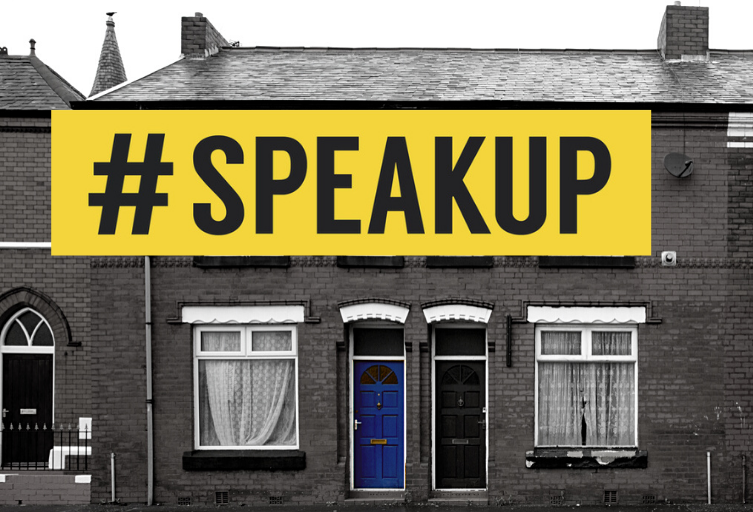Domestic abuse and sexual violence
Who to contact
- Call 999 if you or someone you know is in immediate danger from domestic abuse or sexual violence.
- Call 101 if you want to report something that's happened or seek advice.
- Call the Barnsley Sexual Abuse and Rape Crisis Service (BSARCS) for support on 01226 320140.
- Call the 24-hour National Domestic Abuse Helpline on 0808 500 2222.
Domestic abuse
Domestic abuse is an incident or pattern of incidents of controlling, coercive, threatening, degrading and violent behaviour, including sexual violence. In the majority of cases this is by a partner or ex-partner, but it can also be by a family member or carer.
Domestic abuse can happen to anyone. It can include, but isn't limited to the following:
- physical or sexual abuse
- controlling or coercive behaviour
- psychological and/or emotional abuse
- financial or economic abuse
- violent or threatening behaviour
Domestic abuse services
IDAS
Independent Domestic Abuse Service (IDAS) are a specialist charity who support people affected by domestic abuse in Barnsley. They give free, confidential support and advice and can give access to emergency accommodation if needed.
You can contact them by calling 0300 110 110 or emailing info@idas.org.uk.
Find out more on the IDAS website.
Cranstoun
Cranstoun support people to rebuild their lives, inspire transformation and empower positive change.
The 'Inspire to Change' programme helps people learn new skills and find better ways to manage and control their abusive behaviour.
You can contact them by calling 020 8335 1830 or emailing citc@cranstoun.org.uk.
Sexual violence
Sexual violence is the general term we use to describe any kind of unwanted sexual act or activity. This includes rape, sexual assault, sexual abuse, and many others.
- 1 in 4 women will have experienced some form of sexual harm at some point in their lives.
- 1 in 10 children will have experienced sexual harm at some point in their lives.
- 1 in 7 men will have experienced some form of sexual harm at some point in their lives.
Barnsley Sexual Abuse and Rape Crisis Service (BSARCS)
BSARCS is an independent charity who support people in Barnsley whose lives have been affected by rape, sexual assault or any kind of sexual violence. They offer a variety of support, counselling and therapy for children and adults both face to face and over the phone.

